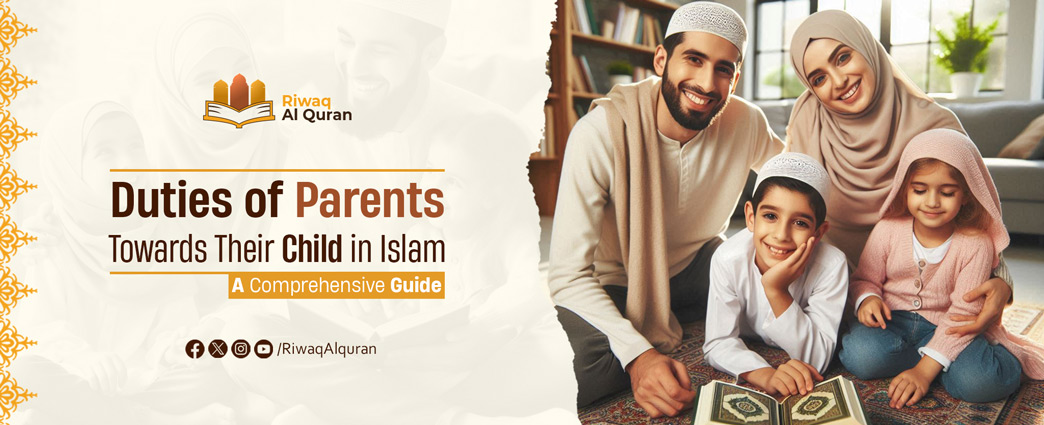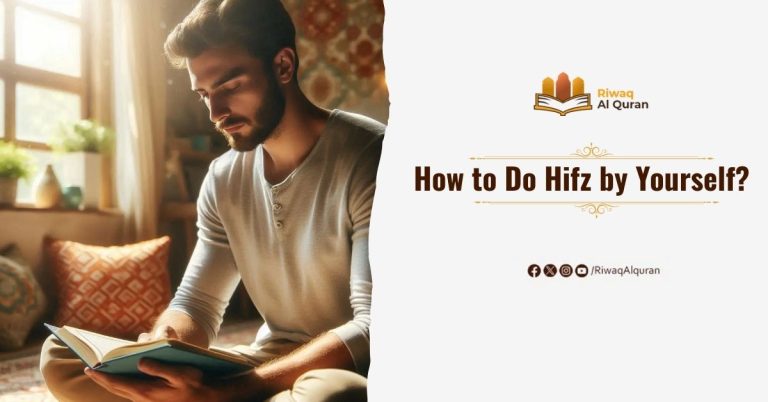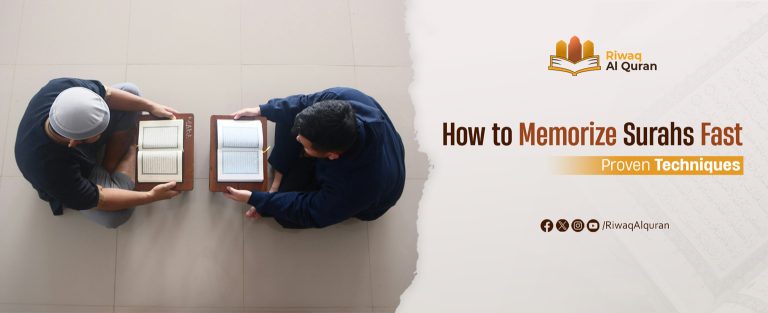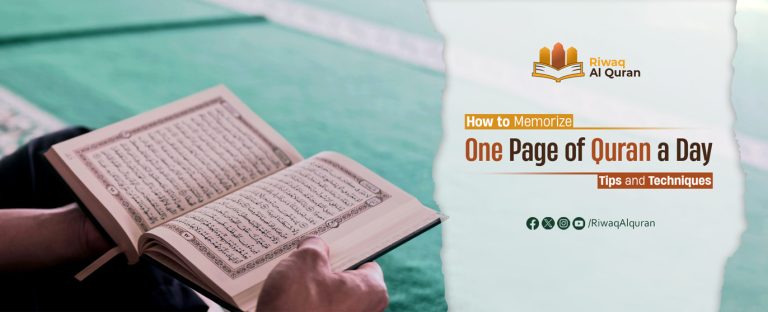Islam places immense importance on the role of parents in a child’s life. Parents are their children’s first teachers who are responsible for fostering not only their bodily requirements but also their intellectual, emotional, and spiritual development. A careful balance of love, discipline, direction, and provision is required to fulfill this sacred duty.
Below we will talk about the responsibilities of parents to children in Islam and how parents are supposed to treat their children according to Islamic teachings. We will also tackle, in some detail, the rights and duties of parents and the duties of a father towards his daughter in Islam. Let’s start!
Table of Contents
Rights And Duties Of Parents In Islam
The parent-child relationship is characterized by interconnected rights and duties. Children will naturally respect and obey their parents when their parents’ duties are fulfilled. Similarly, the happiness and well-being of parents are enhanced by their children’s care and concern for them.
Rights Of Parents:
There are numerous rights of parents in Islam, to name but a few:
1- Respect And Obedience:
Children are obligated to respect their parents, obey their lawful commands, and treat them with kindness and compassion.
2- Care And Love:
Children should love and care for their parents, physically or emotionally. The slightest emotional harm is strictly forbidden in Islam. This is evident in the Quran:
“Honour your parents. If one or both of them reach old age in your care, never say to them ˹even˺ ‘ugh,’ nor yell at them. Rather, address them respectfully.”
“وَبِٱلْوَٰلِدَيْنِ إِحْسَـٰنًا ۚ إِمَّا يَبْلُغَنَّ عِندَكَ ٱلْكِبَرَ أَحَدُهُمَآ أَوْ كِلَاهُمَا فَلَا تَقُل لَّهُمَآ أُفٍّۢ وَلَا تَنْهَرْهُمَا وَقُل لَّهُمَا قَوْلًۭا كَرِيمًۭا”
3- Financial Support:
In case of need and at times of hardship, children are encouraged to support their parents financially.


Duties Of Parents:
There are many duties of parents towards their children according to Islamic teachings. These include:
1- Choosing A Good Mother/Father:
The first duty of a man is to choose a righteous girl/woman to marry, as she will be the one mainly responsible for giving the children an Islamic upbringing. The same also applies to the woman when accepting/refusing a husband.
2- Islamic Upbringing:
Parents are obligated to teach their children about Islam, what its values are, and how it is practiced. A father should be more angry with his son/daughter if they miss a prayer than if they get bad scores at school.
3- Choosing Good Names For The Children:
Parents should choose good names for their children. For example, a boy should not be given a feminine name and vice versa. Also, no names that can be used to mock a child should be given to them.
4- Teaching Children Basic Life Skills:
Parents should teach their children some basic life skills. If he is a boy, swimming, shooting, horse riding, planting, how to make a fire, how to survive with a small amount of money/water/supplies, how to negotiate/sell/buy, etc. are all good skills to teach him.
If the child is a girl, she should be taught skills like swimming, basic first aid, cooking, budgeting and money management, problem-solving, time management, safety awareness, etc.
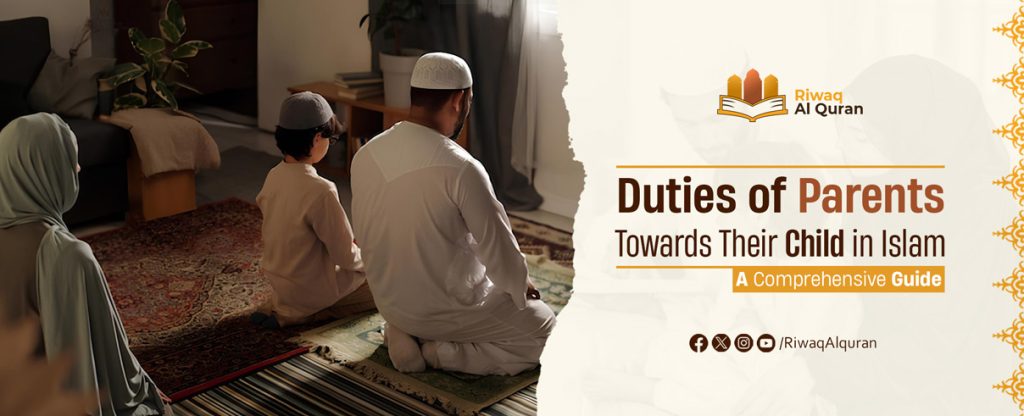
Duties Of A Father Towards His Daughter In Islam
Islam lays a strong focus on the father-daughter relationship. It is seen as a sacred bond, and the father has a significant responsibility in his daughter’s life. The following are some important duties of the father towards his daughter:
1- Love, Care, and Affection
A father should never make his daughter feel that she is a burden, or that he prefers boys to girls. Prophet Muhammad (peace be upon him) used to welcome his daughter, Fatima, kiss her on the forehead, and invite her to sit beside him.
2- Protection:
The father should be the first person a girl turns to when she feels afraid, threatened, or in danger. This cannot be the case unless the father gives his daughter the love, care, and affection she needs. Also, a father must protect the honor of his daughter, and safeguard her from harm, both physical and emotional.
3- Patience And Understanding:
A father should treat his daughter with respect and recognize her worth as a human being. He should also respond to her needs with empathy and patience, and respect the fact that she is more fragile and has other types of needs than boys.
4- Preparing Her For Marriage:
A father should help his daughter understand the importance of marriage and its responsibilities. He should also assist in finding a righteous and compatible husband for her.
Read more about What Does the Quran Say About Hitting Your Child?
Experience Riwaq Al Quran Classes
Watch real moments from our live sessions at Riwaq Al Quran and see how we bring learning to life. These clips highlight our interactive, student-focused approach designed to keep learners engaged, motivated, and actively involved in every step of their educational journey.
What Are The Responsibilities Of Parents To Children In Islam?
In Islam, parents have several important responsibilities to their children including their physical, mental, and spiritual well-being. These responsibilities are deeply rooted in the Quran and the teachings of Prophet Muhammad (peace be upon him). These responsibilities include, but are not limited to:
1- Provision:
Providing is one of the most important responsibilities of parents. It refers to providing for the child’s basic needs such as food, clothing, shelter, education, etc. This is mainly the responsibility of the father, the head of the house.
In this regard, Allah says in the Quran:
“Men are the caretakers of women, as men have been provisioned by Allah over women and tasked with supporting them financially.”
“ٱلرِّجَالُ قَوَّٰمُونَ عَلَى ٱلنِّسَآءِ بِمَا فَضَّلَ ٱللَّهُ بَعْضَهُمْ عَلَىٰ بَعْضٍۢ وَبِمَآ أَنفَقُوا۟ مِنْ أَمْوَٰلِهِمْ”
2- Teaching Islam:
Parents should teach their children the Quran, Islamic morality, and the Arabic language.
1- Parents should teach their children the basics necessary to comprehend and recite the Quran. At Riwaq Al Quran, you can sign your child up for a great online Quran course for kids.
2- Parents should also teach their children the Arabic language as it is the language of the Quran. Your children can join high-quality Arabic courses at Riwaq Al Quran.
3- Parents should instill Islamic values, beliefs, and practices in their children. Children can join online Islamic studies for kids course that can provide them with an understanding of these values and practices of Islam.
4- Fostering good character is also the role of the parents who should nurture qualities like honesty, kindness, compassion, respect, etc.
3- Love and Care:
Providing children with emotional support is mainly the responsibility of the mother who Allah makes to be fit for this vital role in the Muslim household. The father should also be a source of love and affection in the house as he is the one who should provide his children with a loving and nurturing environment.
Parents should spend quality time with their children, building strong bonds through shared experiences. It is that bond with the parents that makes children refrain from being stubborn and more likely to obey their parents.
4- Protection:
There are so many aspects of protection that parents should provide their children with. For example:
1- The father should provide a good secure home for the family.
2- Parents should protect their children from evil content on the TV and the Internet, from a very young age.
3- They should also protect the children, both males and females, from all kinds of harm, both physical and emotional. This entails guiding them and being a haven for them to resort to in times of challenges and hardness.
Read more about Dua For Child’s Righteousness, Piousness, Devotion, Steadfastness, And Good Behaviour And Habits
How Are Parents Supposed To Treat Their Child In Islam?
Islamic teachings give specific guidance about how parents should treat their children. There are some key principles all parents should adhere to:
A. Unconditional love:
Children should feel loved for who they are, not for being beautiful, behaving in a certain way, or having certain scores at school. This is called unconditional love, and it is very important for the child’s psychological well-being.
For example, if your child misbehaves, tell them calmly they should not do so and so because it is incorrect. But never tell your child, that if they do so and so again, you will not love them anymore. This is completely wrong; as it destroys the child’s self-esteem.
B. Patience and understanding:
Children make mistakes; parents should respond with patience and empathy. Setting boundaries and clarifying consequences while maintaining love is the magical formula that all parents need to maintain.
C. Fairness:
Parents should treat all children equally, without favoritism. In Islam, it is not permissible to even hug a child and ignore their sibling. This is Haram, and the parent who does this is punished by Allah.
In this context, it was narrated that ‘Amir said:
“I was told that Bashir bin Sa’d came to the Messenger of Allah (peace be upon him) and said: ‘O Messenger of Allah, my wife ‘Amrah bint Rawahah told me to give a gift to her son Nu’man, and she told me to ask you to bear witness to that.’ The Prophet said: ‘Do you have any other children?’ He said: ‘Yes.’ He said: ‘Have you given them something like that which you have given to this one?’ He said: ‘No.’ He said: ‘Then do not ask me to bear witness to unfairness.'”
عَنْ عَامِرٍ، قَالَ أُخْبِرْتُ أَنَّ بَشِيرَ بْنَ سَعْدٍ أَتَى رَسُولَ اللَّهِ صلى الله عليه وسلم فَقَالَ: يَا رَسُولَ اللَّهِ إِنَّ امْرَأَتِي عَمْرَةَ بِنْتَ رَوَاحَةَ أَمَرَتْنِي أَنْ أَتَصَدَّقَ عَلَى ابْنِهَا نُعْمَانَ بِصَدَقَةٍ وَأَمَرَتْنِي أَنْ أُشْهِدَكَ عَلَى ذَلِكَ. فَقَالَ لَهُ النَّبِيُّ صلى الله عليه وسلم: ” هَلْ لَكَ بَنُونَ سِوَاهُ؟”. قَالَ نَعَمْ. قَالَ ” فَأَعْطَيْتَهُمْ مِثْلَ مَا أَعْطَيْتَ لِهَذَا؟”. قَالَ لاَ . قَالَ ”فَلاَ تُشْهِدْنِي عَلَى جَوْرٍ”.
This narration clearly shows that Prophet Muhammad (peace be upon him) does not allow any father to give something to one child and deny his other children the same thing.
D. Shared Activities:
Engaging in enjoyable activities together is another thing parents should do. For example, a mother can sign up for a swimming course with her daughter to encourage her and strengthen the bond between them.
Read more about: What Does the Quran Say About Children?


Why Students Love Learning with Riwaq Al Quran
Hear directly from our students about how Riwaq Al Quran Academy has transformed their connection with the Book of Allah. Their experiences reflect the dedication, care, and quality that guide every step of our teaching.
Learn Quran, Arabic, And Islamic Studies Online With The Best Native Tutors
Riwaq Al Quran is a comprehensive online platform that offers personalized Quran, Arabic, and Islamic Studies Online classes for individuals of all ages and backgrounds.
Their experienced instructors use a structured curriculum to cover Tajweed, Tafsir, and Memorization, providing easy and effective access to learning the Quran.
The advanced online classes allow for seamless communication and interaction between students and teachers. Join Riwaq Al Quran for a deeper connection with the Quran.
We offer several courses such as:
- Online courses for kids.
- Online Quran classes for kids and adults.
- Online Arabic courses
- Online Ijazah courses
- Online Islamic Studies courses.
Here are a sample of our set of Quran Courses that will be helpful for you:
- Online Tafseer Course: Delve into Quranic meanings with our insightful online Tafseer course.
- Noorani Qaida Online: Learn Quranic basics efficiently through our Noorani Qaida online program.
- Online Quran Recitation Course: Enhance Quranic recitation skills through our expert-led online course.
- Online Tajweed Classes: Master Tajweed rules for beautiful Quranic recitation in online classes.
- Quran Memorization Online Course: Memorize the Quran effectively with our specialized online memorization course.
- Online Qirat Course: Explore diverse Qirat styles with our comprehensive online Qirat course.
- Online Quran Classes for Kids: Nurture a love for the Quran in kids through interactive online classes.
Conclusion
Children are a trust from Allah. Parents are accountable for how they raise them. By following the guidelines of Islam concerning how to raise and treat children, parents can create a loving, nurturing, and Islamic home environment for their little ones.
It’s crucial to keep in mind that the obligations outlined in this article are not all-inclusive and that the precise duties may change depending on social and cultural contexts. The fundamental ideas of love, care, guidance, and protection don’t change, though.

